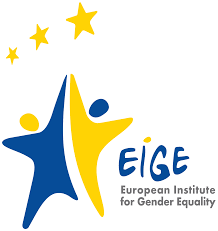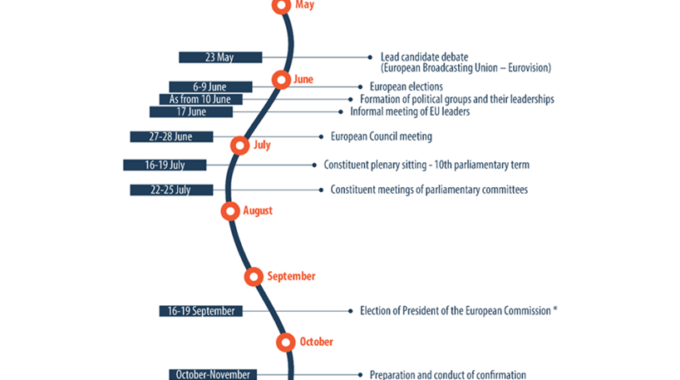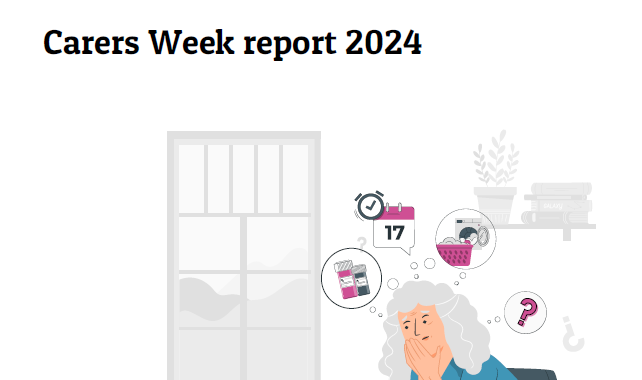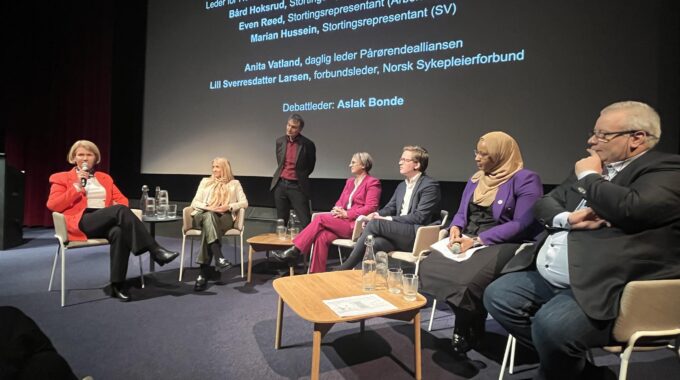
The Gender Equality Index 2019 sheds light on the gender dimension of informal care
The European Institute for Gender Equality (EIGE) launched the 2019 edition of the Gender Equality Index during a high-level conference on 15 September in Brussels. EIGE’s Gender Equality Index shows that advances in gender equality are still moving at a snail’s pace, but that the EU is heading in the right direction. There are big improvements in the domain of power, as more women are taking on decision-making positions, especially in company boardrooms across Europe. The Gender Equality Index 2019 includes a thematic focus on work-life balance.
The Gender Equality Index gives previous indication in relation to care, showing the uneven impact of family life and women and men, and how “enduring burden of care perpetuates inequalities for women”. EIGE’s work sheds light on the importance of infrastructure and services for gender equality, notably in the area of care and long-term care. Today, according to available data, “every third family lives without adequate professional home care services”.
The Gender Equality Index is a composite indicator that measures the complex concept of gender equality and, based on the EU policy framework, assists in monitoring progress of gender equality across the EU over time. Each year the EIGE scores EU Member States and the EU as a whole to see how far they are from reaching gender equality. The Index uses a scale of 1 to 100, where 1 is for total inequality and 100 is for total equality.
The scores are based on the gaps between women and men and levels of achievement in six core domains: work, money, knowledge, time, power and health. Two additional domains are integrated into the Index but do not have an impact on the final score. The domain of intersecting inequalities highlights how gender inequalities manifest in combination with age, dis/ability, country of birth, education and family type. The domain of violence against women measures and analyses women’s experiences of violence.
The European Institute for Gender Equality (EIGE) is an autonomous body of the European Union, established to contribute to and strengthen the promotion of gender equality, including gender mainstreaming in all EU policies and the resulting national policies, and the fight against discrimination based on sex, as well as to raise EU citizens’ awareness of gender equality.
Access the 2019 edition of the Gender Equality Index here: https://eige.europa.eu/gender-equality-index/publications
Access the conference’s videos and presentations here: https://eige.europa.eu/gender-equality-index/2019-conference





